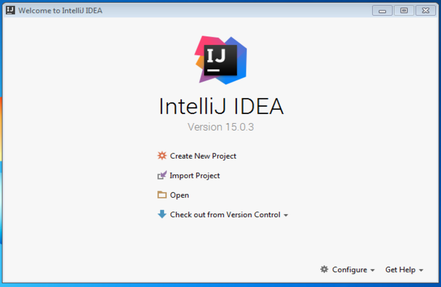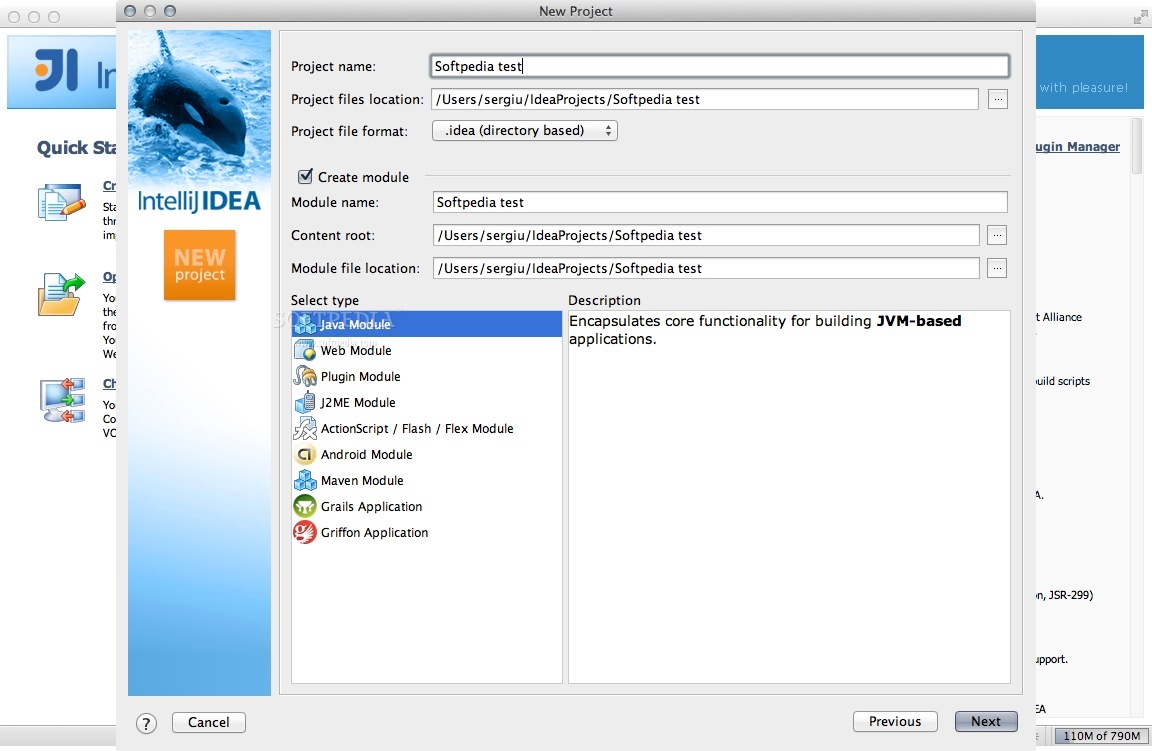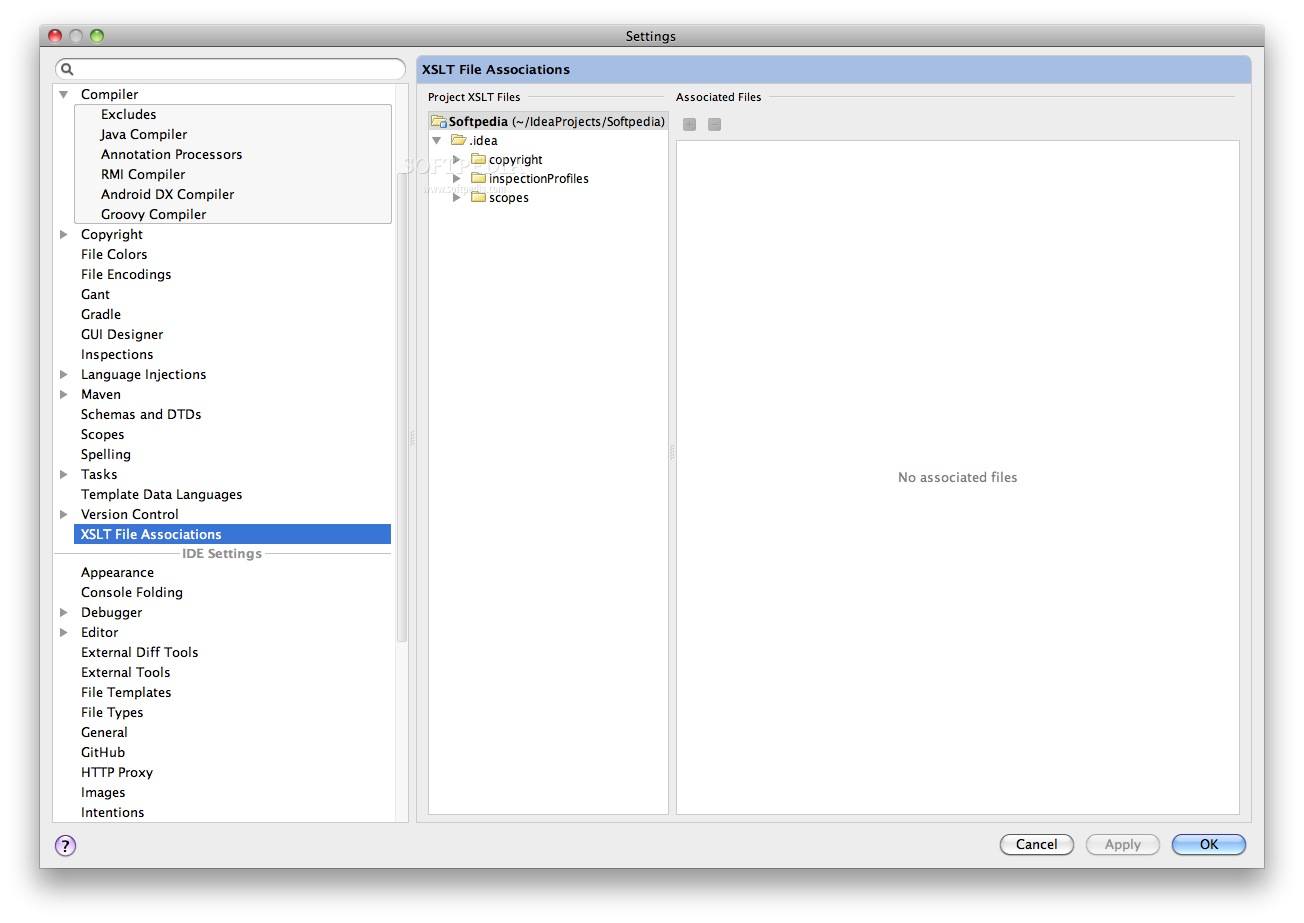

To use the quick-fix, click the lightbulb or press Alt + Enter (or Option + Enter for Mac).įor other resolved issues, refer to the release notes. IntelliJ IDEA now fully supports the profiler on Windows and Apple M1, in addition to Linux and non-M1 macOS, which means you can now use it in most environments. Now P圜harm defines such an identifier as a class and suggests an appropriate quick-fix: “ Create class … in module …”. P圜harm detects when you are trying to import a non-existing name in CapitalizedWords style. The quick-fix now removes only the unused variable, not the entire statement. Press Alt + Enter (or Option + Enter for Mac) to see the suggestion and accept it. The “ Unused local” code inspection identifies such cases and suggests a quick-fix: Remove unused variable. Unused variables sometimes arise in complex assignments. Titles of previously installed IDEs 'for Apple Silicon' will be changed as well once you update the IDE.
DOWNLOAD INTELLIJ IDEA FOR MAC M1 INSTALL
So if you install IDE on a M1 Mac, you'll get the build previously titled 'for Apple Silicon'. An issue that was breaking the helpers path and preventing WSL debugger from working is now fixed. Apple Silicon versions are merged now in Toolbox App and selected depending on the hardware you use.We fixed the issue with freezes after resuming the debugging process, so it now works smoothly. Using Alt + Shift + Enter (or Option + Shift + Enter for Mac), you can do cell-by-cell debugging. P圜harm supports debugging for Jupyter notebooks. Other significant fixes in 2020.3.2 include: Update now and share your feedback with us!


Please note that a previously installed P圜harm version running via Rosetta2 will not update to run natively. To start working, download the separate installer for P圜harm for Apple Silicon from our website or via the Toolbox App (under the Available for Apple M1 section). We have special news for those of you using Mac with an M1 chip: P圜harm 2020.3.2 is out and brings support for Apple Silicon!


 0 kommentar(er)
0 kommentar(er)
